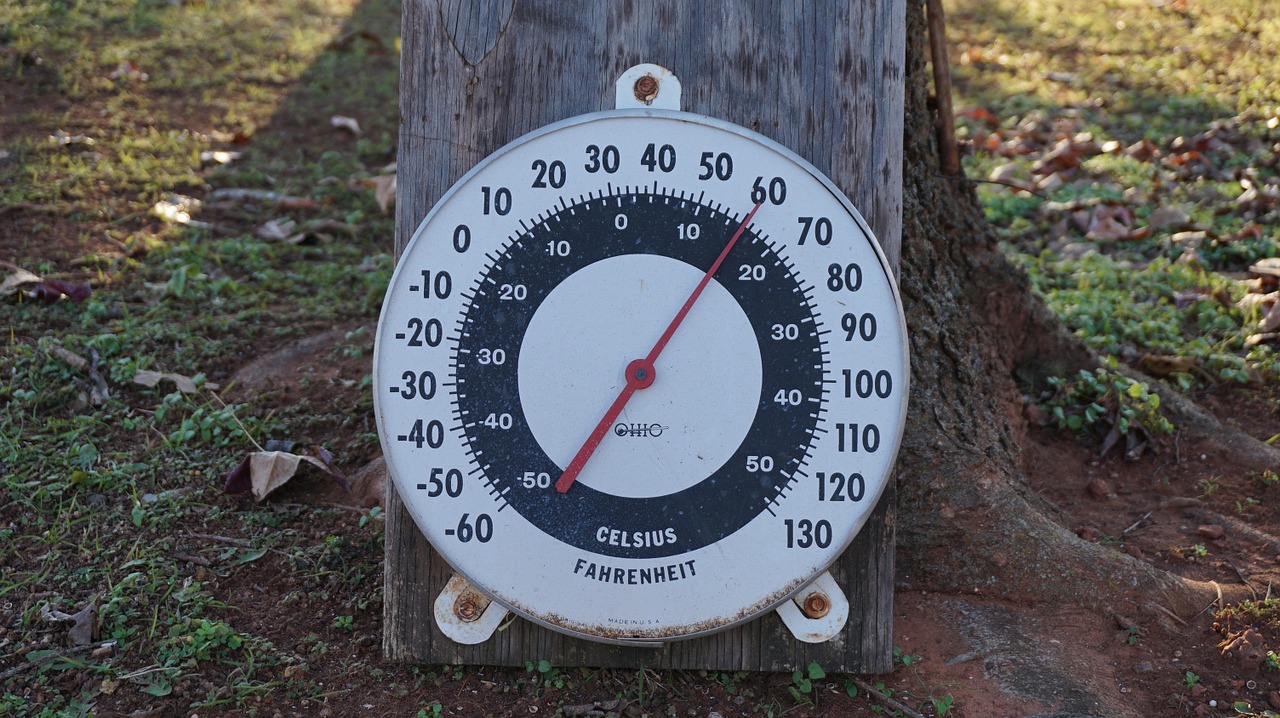
Extreme weather events such as hurricanes, droughts and heat waves are likely to increase in frequency in the coming years because of climate change, directly threatening human lives. At the same time, global warming has the potential to affect human health through less dramatic, but equally serious, changes.
A 2012 study published in Proceedings of the National Academy of Sciences, “Summer Temperature Variability and Long-Term Survival among Elderly People with Chronic Disease,” explores the relationship between the unusually high temperatures associated with climate change and geriatric mortality. The researchers, based at the Harvard School of Public Health and the University of Michigan School of Public Health, analyzed Medicare data from more than 10 million individuals over age 65 suffering from chronic obstructive pulmonary disease (COPD), diabetes, congestive heart failure or myocardial infarction (MI, or heart attack) from 135 U.S. cities between 1985 and 2006. Mortality rates were then correlated with local year-to-year variations in summer temperatures.
The study’s findings include:
- For each 1° Celsius increase in summer temperature, elderly individuals suffering from diabetes are 4% more likely to die than their healthy counterparts; similar outcomes were found for individuals suffering from MI (3.8%), COPD (3.7%) and congestive heart failure (2.8%).
- The probability of mortality due to summer temperature variability — typically between 0.5°C and 5°C — is higher in cities with hotter climates and with those 75 and older.
- Heat waves do not explain increases in mortality, suggesting that increased temperature variability impairs health and survival even when hot weather does not officially qualify as a heat wave. “We are not simply looking at the long-term effects of heat waves…. Adaptation and intervention strategies solely targeted to heat waves may miss an important opportunity to improve public health.”
- Summer temperature variability is less strongly associated with mortality in cities with higher percentages of green land and college-educated populations, and more strongly associated with mortality in cities with higher population density, poverty levels and percentages of nonwhite residents.
- Ozone levels are similarly associated with both heat variability and mortality. “Our recent study applying the same survival analysis approach found that long-term ozone exposure alone is associated with increased risk of death in Medicare subjects with the same specific chronic conditions as in the present study.”
The authors suggest that an additional 1°C increase in temperature variability would result in a 5% increase in mortality rates in the population studied. “Our findings suggest that long-term increases in temperature [standard deviation] may increase the risk of mortality in different subgroups of susceptible older populations, although further investigation of appropriate adaptation measures is needed.”
Related research: A 2011 study published in Environmental Health Perspectives, “Heat Waves in the United States: Mortality Risk during Heat Waves and Effect Modification by Heat Wave Characteristics in 43 U.S. Communities,” found that “Nationally, mortality increased 3.74% … during heat waves compared with non-heat wave days. Heat wave mortality risk increased 2.49% for every 1°F increase in heat wave intensity and 0.38% for every 1-day increase in heat wave duration.” Another 2011 study in that journal, “Toward a Quantitative Estimate of Future Heat Wave Mortality under Global Climate Change,” estimates that “under three different climate change scenarios for 2081–2100 and in the absence of adaptation, the city of Chicago could experience between 166 and 2,217 excess deaths per year attributable to heat waves, based on estimates from seven global climate models.”
Tags: aging, poverty, global warming
